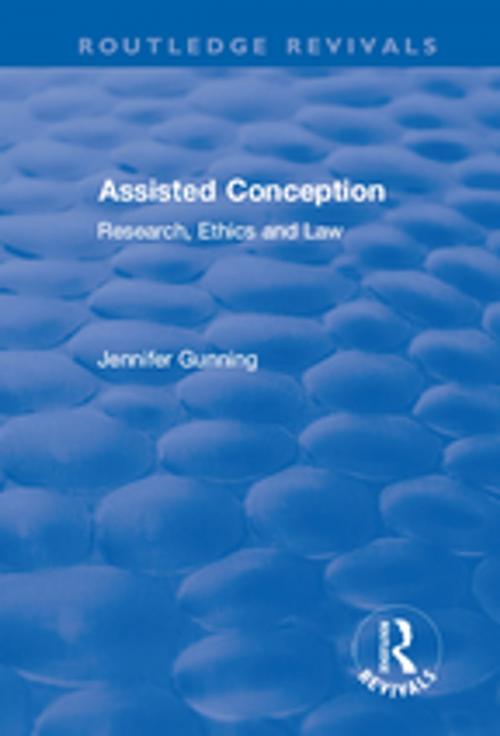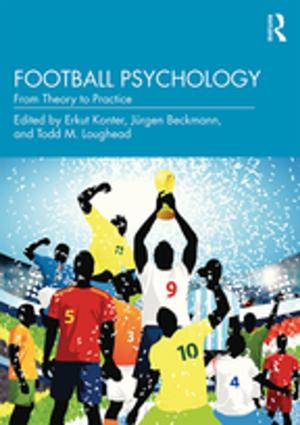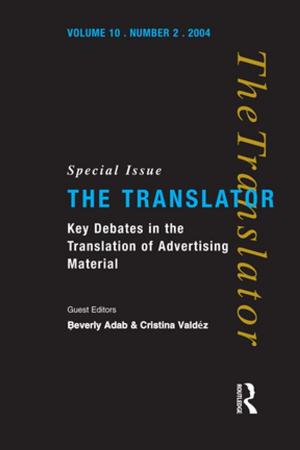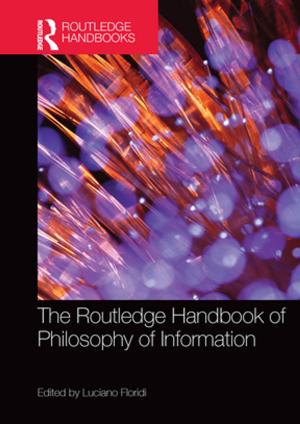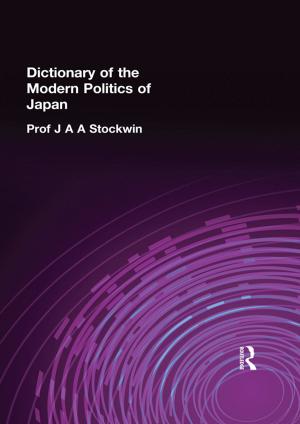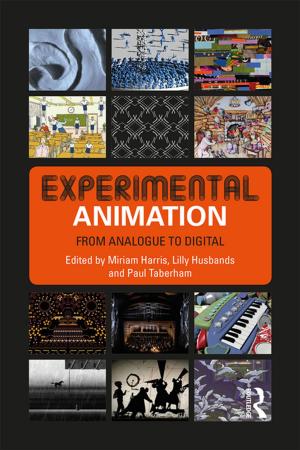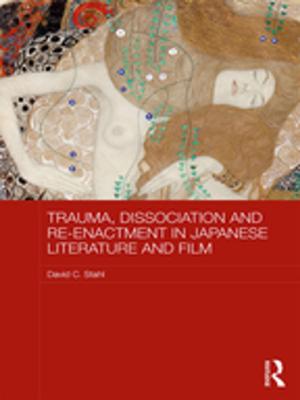Assisted Conception: Research, Ethics and Law
Research, Ethics and Law
Nonfiction, Social & Cultural Studies, Social Science, Sociology| Author: | Jennifer Gunning | ISBN: | 9781351723305 |
| Publisher: | Taylor and Francis | Publication: | November 1, 2017 |
| Imprint: | Routledge | Language: | English |
| Author: | Jennifer Gunning |
| ISBN: | 9781351723305 |
| Publisher: | Taylor and Francis |
| Publication: | November 1, 2017 |
| Imprint: | Routledge |
| Language: | English |
This title was first published in 2003. Assisted conception is an area where it often seems that all the ethical and legal issues have been covered and then technology advances and the discussions start all over again. The book is an anthology of papers presented during a project looking at thearaputic research in assisted conception (TRAC). It is divided into three areas addressing research, ethics and law. Each chapter begins with an overview of the issues, with the aim being to present new perspectives rather than covering old ground. The European Convention on Human rights and Biomedicine came into force on December 1, 1999. The Convention allows thearaputic research and research on spare embryos but forbid fundamental research, which may be essential to the safe development of new techniques. This also means that people may become part of an experimental process without their consent. The project brings together clinicians, embryologists, lawyers and ethicists to ascertain whether there might be a risk of infertility patients being exposed to insufficiently tested procedures and to see if there is a need for fundamental research in this area. It also looks at the legislative safeguards that exist and whether a European standard for treatment should be set.
This title was first published in 2003. Assisted conception is an area where it often seems that all the ethical and legal issues have been covered and then technology advances and the discussions start all over again. The book is an anthology of papers presented during a project looking at thearaputic research in assisted conception (TRAC). It is divided into three areas addressing research, ethics and law. Each chapter begins with an overview of the issues, with the aim being to present new perspectives rather than covering old ground. The European Convention on Human rights and Biomedicine came into force on December 1, 1999. The Convention allows thearaputic research and research on spare embryos but forbid fundamental research, which may be essential to the safe development of new techniques. This also means that people may become part of an experimental process without their consent. The project brings together clinicians, embryologists, lawyers and ethicists to ascertain whether there might be a risk of infertility patients being exposed to insufficiently tested procedures and to see if there is a need for fundamental research in this area. It also looks at the legislative safeguards that exist and whether a European standard for treatment should be set.
